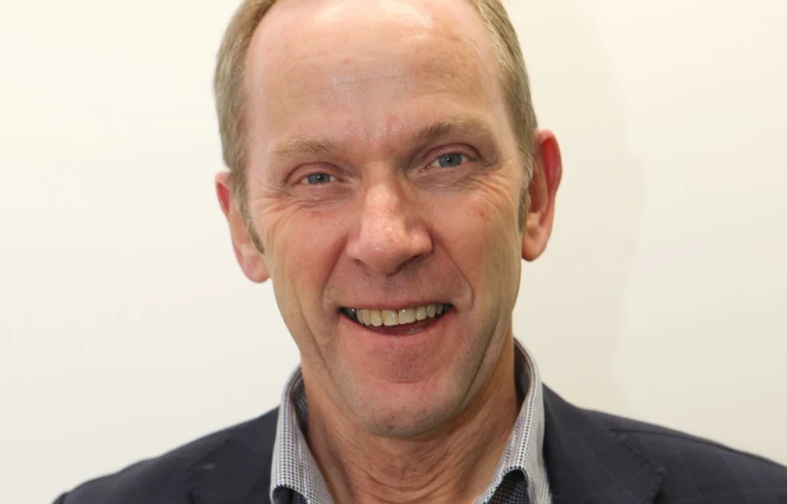
The additional treatment brings the risk of infection and impacts the chance of survival following transplant, says Professor Peter Browett, a consultant haematologist at Auckland City Hospital and Director of the Centre for Cancer Research at the University of Auckland School of Medicine.
"With the longer delay [there is] higher risk of relapse. And sadly there's been some patients that have ... relapsed before they've got to transplant, so have either had to have additional therapy or have not been in the position to be offered curative treatment."
Dr Browett said those patients are offered palliative care.
"It's distressing for patients and whānau in a way that's hard to measure."
It was also stressful for clinicians referring and advocating for patients they send to the main centres from areas like Northland, Tauranga and the Waikato, he said.
"[They] are advocating and wanting to do the best for their patients."
Backlog of patients waiting for treatments in Auckland, Wellington and Christchurch
Patients were having to wait for both allogeneic transplants - where donor stem cells are transplanted, and autologous transplants - where a patient's own stem cells are collected, stored, and reinfused, Browett says.
In Auckland 114 patients are waiting: 61 patients are waiting for allogeneic transplant and 53 for autologous.
In Wellington 40 patients are waiting: 24 for allogeneic and 16 for autologous.
In Christchurch 44 patients are waiting: 18 for allogeneic transplant and 26 for autologous.
In most centres those patients are waiting an additional two and a half months for a transplant, although for allogeneic transplants the wait has been up to four months.
Dr Browett points to piecemeal funding and a lack of commitment from health officials.
"It's a reflection of many years of lack of investment in resources, dating back well over a decade where we've seen increasing demand for transplant but there hasn't been ... that investment into increasing transplant resources and facilities."
An increasing and ageing population, along with the ability to do more transplants to an older age and alongside other illness had put pressure on the transplant services.
"We anticipate it will only continue to increase and so if you look ahead to 2030, we think they'll probably be an increase of another 30 to 40% and the number of patients who would benefit from a transplant."
Health Minister Simeon Brown has conceded unacceptably long wait times for donor stem cell or bone marrow transplants means some blood cancer patients are enduring additional rounds of chemotherapy to keep the disease at bay.
Health New Zealand says investment into services at Christchurch and Auckland increased in 2024/2025, which has resulted in a full year increase of just over $6 million to expand the workforce and services in 2025-26
Dr Browett says the investment into Christchurch and Auckland services was confirmed in October 2024, with a further increase planned for 2025-26.
"Any capacity increases from [the first funding decision] were only sustainable if [the further increase] was confirmed. In recent weeks Health New Zealand has confirmed that funding was considered but not prioritised for the start of the 2025-26 year. "
Health New Zealand chief clinical officer Dr Richard Sullivan says urgent work is underway to "plan for the next increase in investment".
Dr Browett says there will not be an easy fix to the issues facing the transplant service.
"It's not a quick switch, it's not a matter of the funding going on and turning the switch. This will need an investment across health professionals as well as additional facilities."













